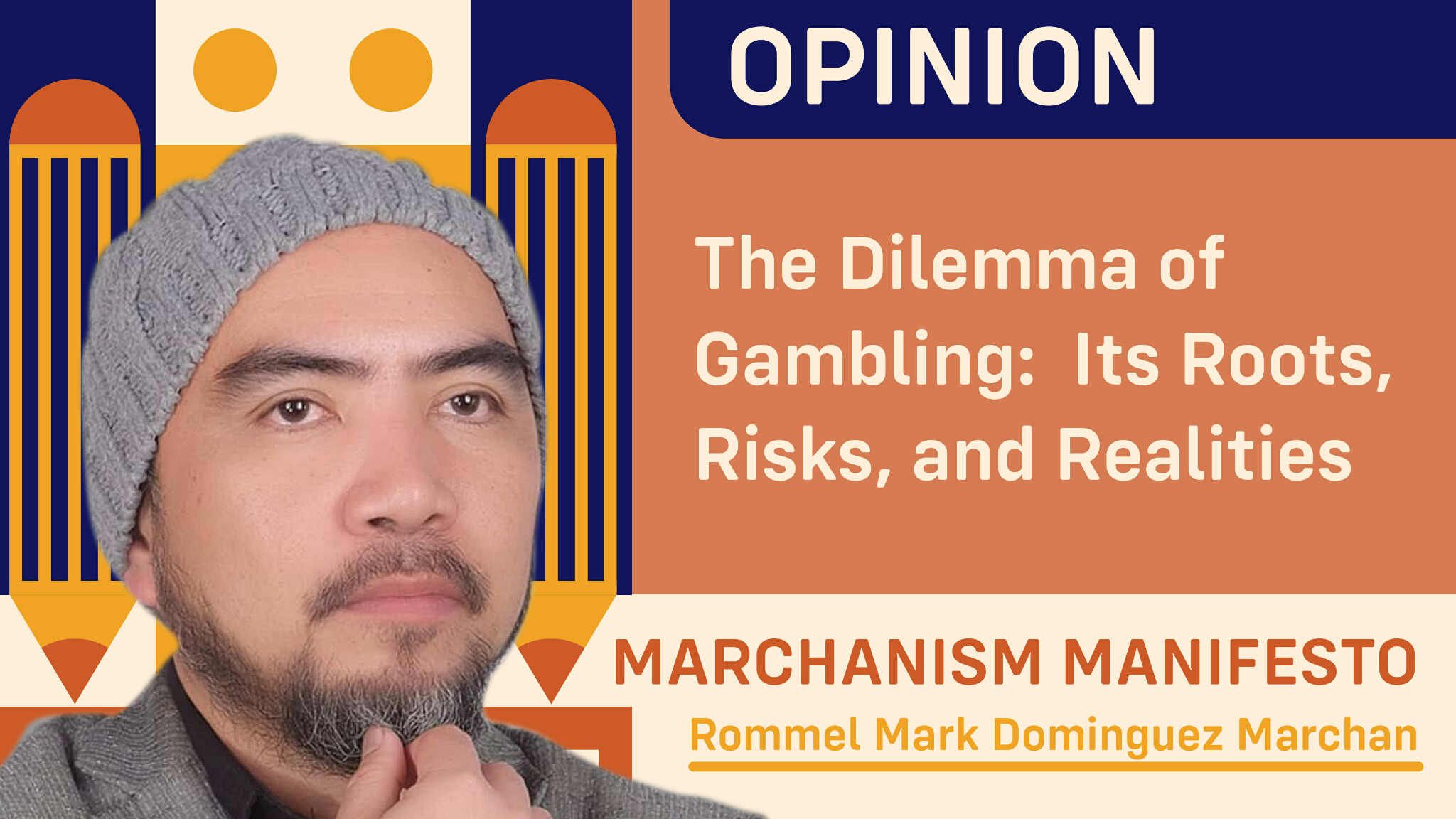(......gambling isn’t just a legal or moral issue—it’s a social, economic, and psychological one. Though impossible to totally ban the gambling culture as old as civilization, but we can tame the monster behind it before it eats our society alive.)
Gambling is as old as civilization itself. From ancient dice games in Mesopotamia to card games in Chinese dynasties, the human urge to take risks, seek luck, and gain more with less effort is universal and timeless. In the Philippines, gambling has long been woven into cultural events, fiestas, and cockfights. But today, with the rise of online platforms, the landscape has drastically changed—and so has the dilemma.
On one side, legal gambling—especially online—generates billions in revenue, provides employment, and contributes taxes to the government. Platforms like e-sabong, online casinos, and mobile apps make it easier for Filipinos, even in far-flung provinces, to participate. For some, it's a form of entertainment; for others, a livelihood. The technology also allows better monitoring and regulation compared to underground operations. Banning all gambling may be unrealistic, as doing so can push it further into the shadows—untraceable, untaxed, and more dangerous.
On the other hand, the darker side of gambling cannot be ignored. Online gambling has become alarmingly accessible—children, students, and the unemployed are lured into it, sometimes destroying lives overnight. Families are torn apart by debt, and crimes committed out of desperation are rising. Mental health issues, broken relationships, and compulsive behaviors follow those who fall deep into gambling addiction.
So the question is: will eradicating all online gambling wipe out the culture of gambling? Unlikely. Human behavior, especially one rooted in centuries of tradition and psychological triggers, doesn’t change just because a law says so. In fact, it might drive gamblers underground to engage in illegal activities with even worse consequences.
The realistic solution? Cut what we can. Regulate what can be taxed. The government must focus on cutting off illegal operators—those who exploit the poor, avoid taxes, and spread addiction like wildfire. Public awareness and financial literacy campaigns must run hand-in-hand with stricter laws.
Moreover, celebrities and influencers endorsing online gambling must be held accountable. Their star power glamorizes the practice, often targeting the vulnerable. By removing them from ads, we take a step toward responsible media use and corporate ethics.
In the end, gambling isn’t just a legal or moral issue—it’s a social, economic, and psychological one. Though impossible to totally ban the gambling culture, but we can tame the monster behind it before it eats our society alive.
#WeTakeAStand #OpinYon #OpinYonColumn #MarchanismManifesto
